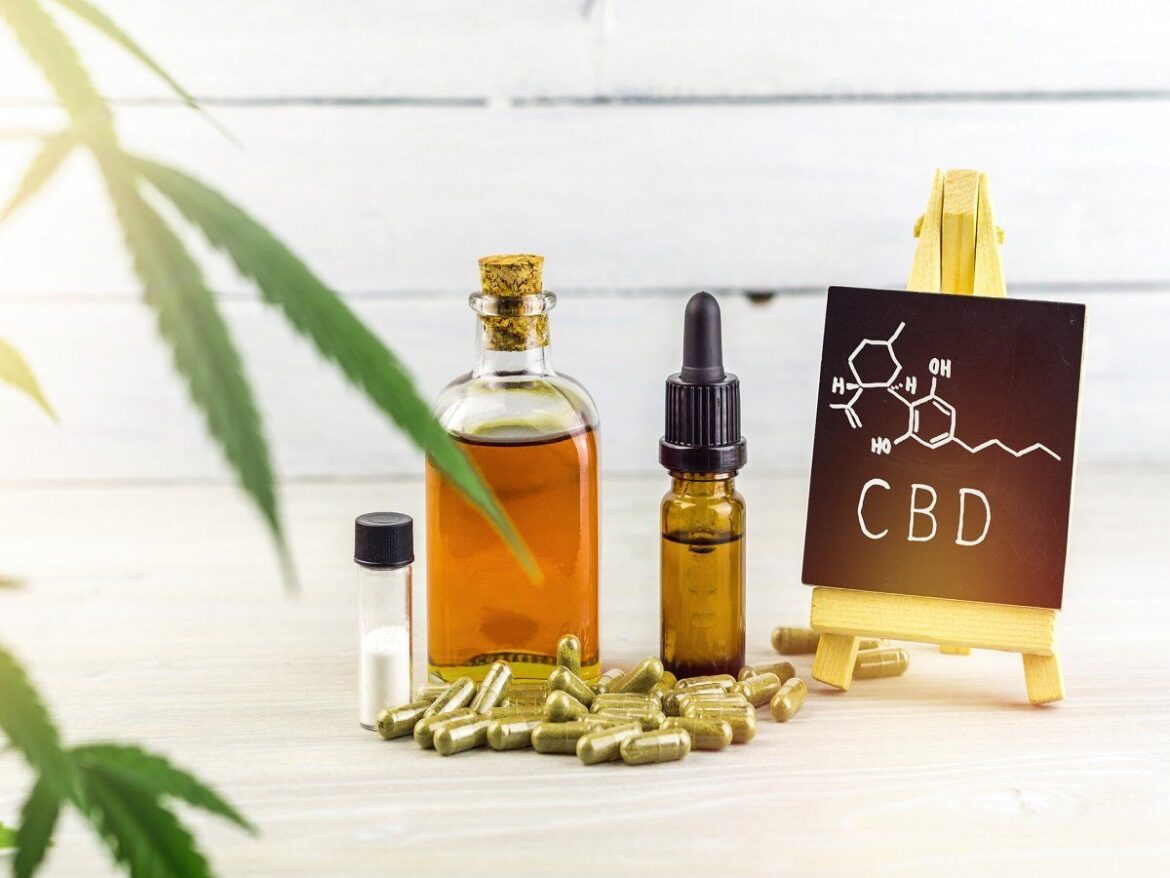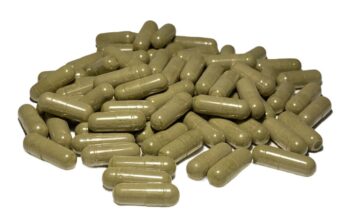Traditional methods are serotonin inhibitors and antidepressants. They often have side effects such as sleep disturbance, weight gain or loss, migraines, sexual dysfunction, joint pain, gastrointestinal disorders, etc. In addition, many patients do not achieve complete remission. All this led to the fact that scientists began to look for alternative methods. The best cbd oil for anxiety is now available both in online and online stores.
Traditional anti-anxiety medications tend to target a type of serotonin receptor known as 5-HT1A. By acting on these receptors, the drug stimulates the production of serotonin. This leads to an improvement in mood and helps to temporarily reduce feelings of anxiety or fear. Research shows that CBD may work similarly, affecting not only 5-HT1A receptors but also several others that are responsible for regulating fear and anxiety. These receptors include the type 1 vanilloid receptor (TRPV1), the transient potential receptor, and the CB1 and CB2 receptors of the endocannabinoid system, the latter being much more abundant in the body than any other.
The Endocannabinoid system is formed in the early stages of evolution, it is present not only in mammals but also in other living beings, including molluscs. It is a universal signalling structure that controls many physiological functions. It includes endogenous cannabinoids, CB1 and CB2 receptors that interact with them, and enzymes that break them down after tasks are completed. CB1 receptors are concentrated predominantly in the brain and spinal cord and peripheral nervous system. Also, these receptors are found in almost all organs and systems. Endocannabinoids are essentially intermediaries between the receptors of the system, they play a huge role in the self-regulation of the body. Structurally, endocannabinoids are lipids, and their production can be disrupted if a person does not get enough fatty acids from food.
Cannabidiol (CBD) is a substance similar in structure to endocannabinoids and also interacts with CB1 and CB2 receptors. The mechanism of these interactions is still not fully understood. But many doctors around the world, based on the results of various studies, are already using CBD to treat diseases such as multiple sclerosis, epilepsy, neuropathic pain, movement disorders, injuries, and others.
When it comes to anxiety, over a hundred studies have been conducted on the topic in the past few years, and 70% of them have shown positive results in reducing symptoms of anxiety and stress. The subjects began to feel calmer during public speaking and on stage, in closed or open spaces, the signs of social phobia decreased, and the feeling of discomfort when communicating with strangers disappeared. Experiments were carried out on both humans and animals.




